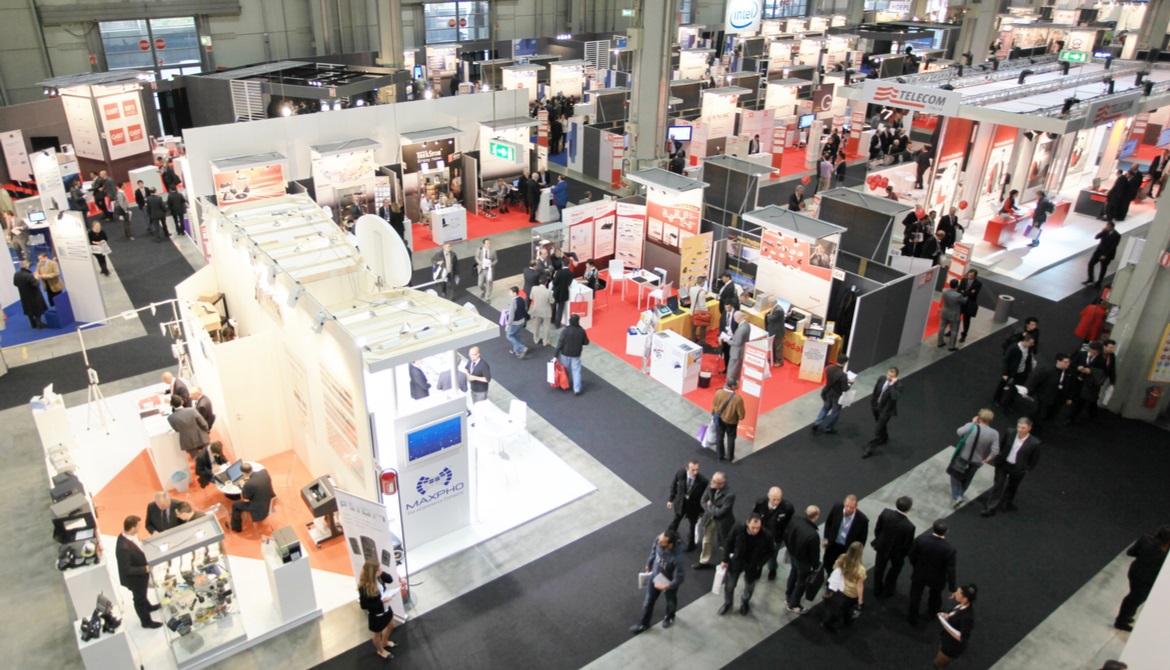4 minutes
Best practices for gaining the greatest value from these events
As we head into colder weather, we can expect shorter days and a multitude of industry tradeshows. These tradeshows and events can be valuable tools for educational opportunities, networking with industry peers or potential partners, and the chance to meet with editors, reporters and analysts. To make the most of every tradeshow, credit union professionals should determine their objectives for each event.
If you are attending a tradeshow on behalf of your credit union with learning and development in mind, a little planning prior to attending can make the most of the event. Depending on your role, make note of which conference tracks or sessions will be most applicable to you and provide the biggest payoff in actionable takeaways.
Besides simply gathering new ideas to help perform a specific role, keep in mind sessions that may provide meaningful insights for your department or organization as a whole. If your credit union has openly discussed upcoming business objectives, such as rolling out a new product or reinventing operations in a department, it may be wise to sit in on a session or two related to those topics.
It is important not to be restrained by your expertise. Do not be afraid to sit in on sessions that are outside your role. You might come away with valuable knowledge by sitting in on an introductory session on an advanced topic, such as the latest developments in blockchain technology.
Finally, to get the most out of the educational aspects of tradeshows, take advantage of roundtable or discussion-based sessions by asking questions and interacting with the presenters when appropriate. Don’t be afraid to engage.
If building industry connections is your objective, make sure you strategize how to make the most of the networking opportunities available during tradeshows and conferences. Most events have networking lunches, receptions or blocks of time set aside for networking. To best take advantage of these scheduled opportunities, plan ahead for important business meetings and come prepared with a list of conference attendees you absolutely must meet. For these priority contacts, do not be afraid to get away from the conference center—breakfast or dinner meetings outside the event space can be valuable one-on-one time and a welcome change of pace.
Many conferences publish attendee lists, which may help in pre-planning efforts. Have a list of contacts you must or would like to meet, but be flexible. Many industry connections you make at these shows may be spontaneous. Also, when exploring the exhibit hall, consider which business problems your credit union is facing and take time to speak to vendors who may have a solution.
Finally, when you meet with a meaningful connection and exchange business cards, it may be useful to find that contact on LinkedIn and connect right away to avoid the off chance that you misplace his or her contact information.
Many larger conferences have a substantial media presence. If meeting with members of the media or analysts is a priority, there are a few key things to keep in mind. Since many publications send different reporters and editors to an event each year, it is not safe to assume a reporter you met with in previous years will attend. If you can, do your research ahead of time and review the attendee lists or media page on the event website for attending media.
Often, reporters and editors who attend these events have an obligation to their publication to cover the show’s sessions and meet with sponsors and advertisers, so be mindful of their priorities. When scheduling a meeting, be understanding of their time constraints. It may be thoughtful to offer to meet during a mealtime or exhibit hours, when they are less likely to have scheduled meetings already. Consider these meetings in terms of quality over quantity of time.
Use such meetings with media contacts as an opportunity to introduce yourself and your organization, but keep in mind that it may be unrealistic to expect a reporter to take extensive notes on the spot. Instead, follow up after the show and offer to set up an interview on a topic that struck his or her interest or contribute an article on that subject.
Industry tradeshows can be valuable educational opportunities, with speakers from innovative companies sharing their insights on the hottest trends. Conferences can also serve as an ideal chance to meet with industry peers to forge important connections during networking hours. These events can also build relationships with key media, so that your organization becomes a trusted source for future articles. Strategically planning around your organization’s objectives for each conference is a best practice for ensuring that you make the most of these events. cues icon
Debbie Rayburn is an account agent at William Mills Agency, the nation's largest independent public relations firm focusing exclusively on the financial services and technology industries. The agency can be followed on Twitter, Facebook, LinkedIn or its blog.





